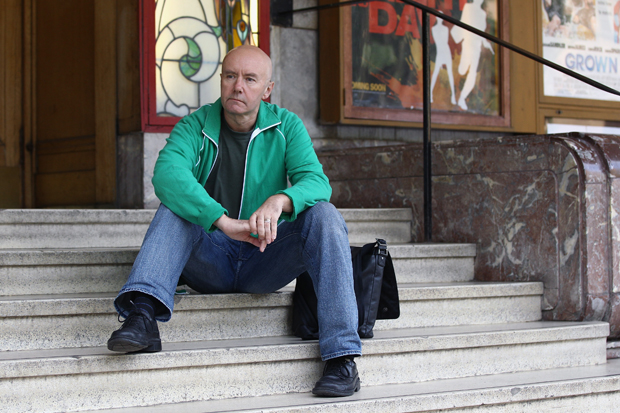Remember Ebola? It killed more than 8,000 people last year — before we were all Charlie — with a quarter as many again dying since January. Almost all the deaths have occurred in the war-weakened west African states of Guinea, Liberia and Sierra Leone; no licensed drug or vaccine yet exists for a virus that claimed its first victim almost 40 years ago in Zaire, now the Democratic Republic of Congo.
Already a subscriber? Log in
Subscribe for just $2 a week
Try a month of The Spectator Australia absolutely free and without commitment. Not only that but – if you choose to continue – you’ll pay just $2 a week for your first year.
- Unlimited access to spectator.com.au and app
- The weekly edition on the Spectator Australia app
- Spectator podcasts and newsletters
- Full access to spectator.co.uk
Or
Unlock this article
Available from the Spectator Bookshop, £8.54 Tel: 08430 600033
You might disagree with half of it, but you’ll enjoy reading all of it. Try your first month for free, then just $2 a week for the remainder of your first year.














Comments
Don't miss out
Join the conversation with other Spectator Australia readers. Subscribe to leave a comment.
SUBSCRIBEAlready a subscriber? Log in